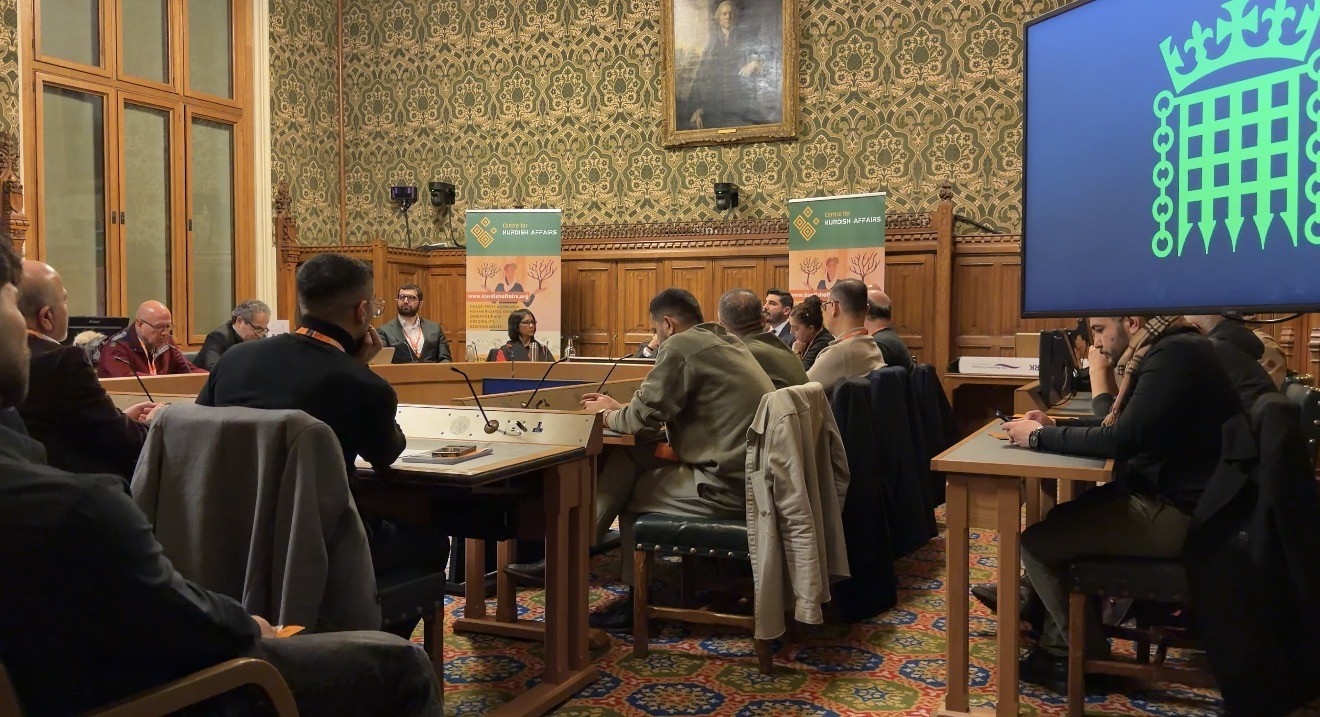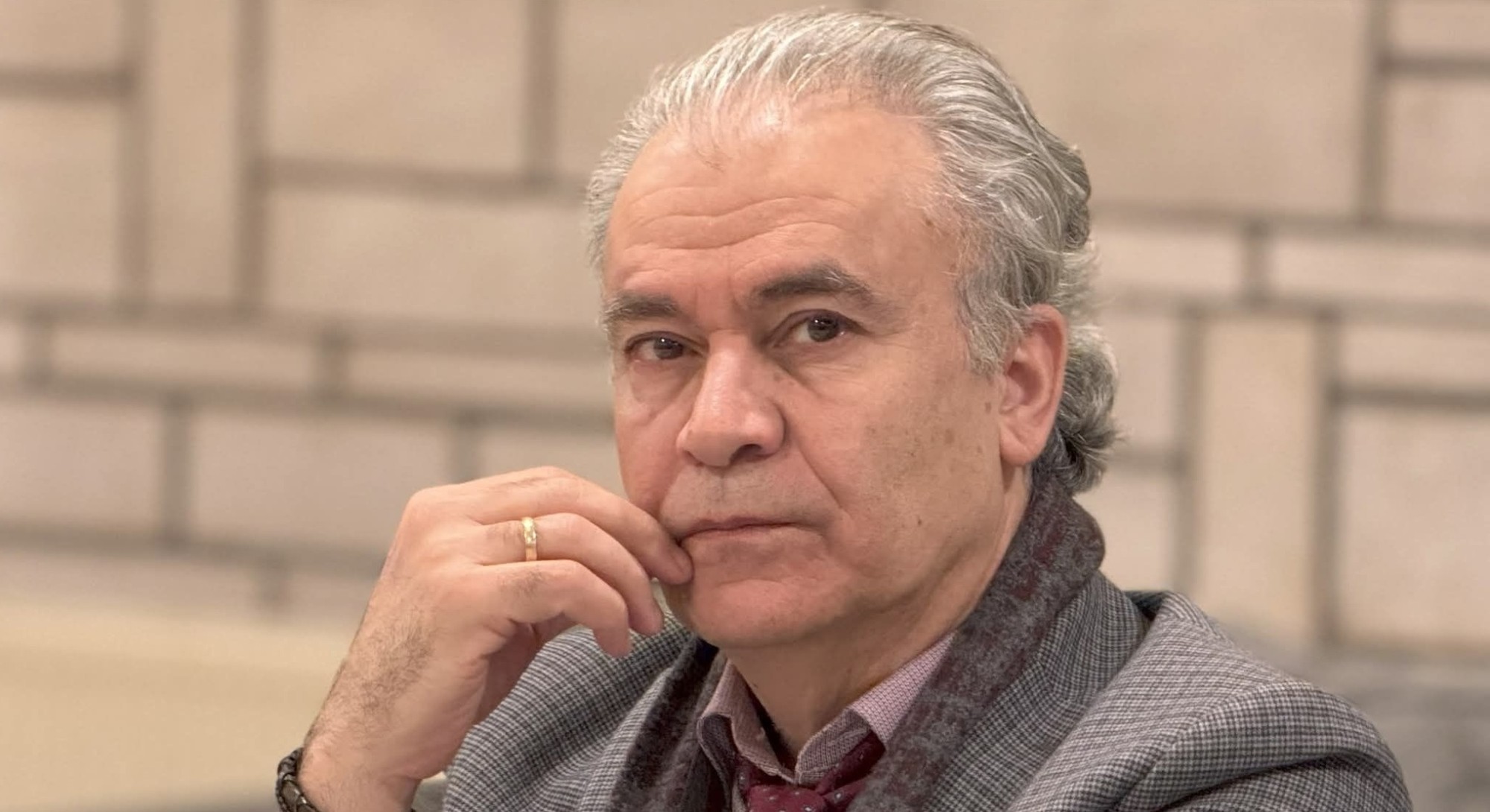The U.S. Consulate General in Erbil announced that they had provided military equipment to the Kurdistan Regional Government (KRG) Ministry of Peshmerga Affairs (MoPA) during a ceremony on August 6.
In a post on X, the U.S. Consulate General said that this move marks a significant milestone in building the capacity of the peshmerga forces.
“This weaponry will enhance the peshmerga forces’ collective security capabilities to ensure the enduring Iraqi-led defeat of ISIS.”
Read More: Peshmerga Take Significant Steps for Reform: Pentagon
In a post on Facebook the MoPA stated that a number of howitzer cannons were handed over to its First and Second Support Forces.
Today we provided important equipment to @KRG_MOPE marking a significant milestone in building the capacity of the #Peshmerga Forces. This weaponry will enhance the Peshmerga Forces’ collective security capabilities to ensure the enduring Iraqi-led defeat of ISIS. pic.twitter.com/XLNVO4Af7n
— U.S. Consulate General Erbil (@USCGERBIL) August 6, 2024
The MoPA’s First Support Forces Command confirmed that several lightweight 105 mm howitzers were provided to the peshmerga forces.
In the presence of the MoPA Minister, US Gen Consul in Erbil, Dpty Min, Chief of Staff, the Cmdr of the 1st & 2nd Support Forces Command, the Cmdr of the Coalition Forces in KRI.A convoy of coalition assist consisting of a number of Howitzer artillery was presented to the MoPA. pic.twitter.com/zIZyVP3F3w
— Ministry of Peshmerga (@KRG_MOPE) August 6, 2024
During the event, KRG Minister of Peshmerga Affairs Shoresh Ismail Abdulla underlined his gratitude to the U.S.-led coalition for their continued support of the peshmerga forces in the fight against ISIS.
Read More: Peshmerga Included in U.S.-Iraq Security Dialogue
He underlined that the coalition has played a vital role in dismantling ISIS and other terrorist groups in the region.
He also praised the cooperation as a testament to the strong relationship between the U.S. and the MoPA.
During the ceremony, MoPA Chief of Staff Issa Ozer also underlined that the peshmerga forces continue to need the support of the U.S.-led coalition in terms of weapons, logistical support, and training.
He underlined that the peshmerga have been the frontline force against ISIS, leading the charge in defeating the most significant terrorist threat. “Ongoing military support is essential to prevent the resurgence of ISIS and terrorism in the region,” he said.
During the event, U.S. Consul General Mark Stroh stated that these weapons will improve the “the military capabilities of peshmerga forces to ensure public security and defeat ISIS.”
“We are aware of the ongoing threat of ISIS, and we will reiterate our commitment to support the continuous support of the Iraqi government and the MoPA, while we work together to combat these risks.”
Read More: New Pentagon Budget Request Shows Increased Support for Peshmerga
According to the Pentagon’s latest quarterly inspector general report to the U.S. Congress on August 1, within the Kurdistan Region, coalition advisors work with the MoPA to implement a four-year reform plan agreed upon between the U.S. Department of Defense and the KRG.
Peshmerga troops are currently split between political factions, with 70 units under the Patriotic Union of Kurdistan and 80 units under the Kurdistan Democratic Party. The goal of the peshmerga reform project is to unite these units as Regional Guard Brigades under the MoPA by September 2026.
Read More: Germany and Peshmerga Ministry Launch €3.2 Million Joint Project
The Pentagon report also said that the MoPA’s artillery capabilities reside within two Support Forces Commands. “Both commands have demonstrated proficiency in delivering accurate indirect fires; however, they have not supported combined arms operations since 2017,” the report noted.
“Artillery regiments hold exercises twice a year with live ammunition, but only in battery and smaller-sized formations that are disconnected from maneuver formations. Coalition advising focused on helping the MoPA understand how to employ artillery in support of their formations. The MoPA has been receptive to the advice and Support Forces Commanders appear willing to support concept development.”

